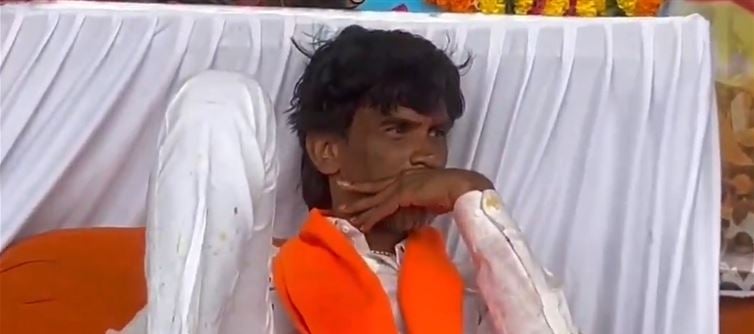
In a country that dreams of becoming a developed nation by 2047, the ground reality is cruel: A Maratha reservation activist is forced to sit on an indefinite hunger strike—not for money, not for power, but simply for the right to a backward category certificate.
Think about it: A community with one of the proudest legacies in indian history—of shivaji Maharaj, of valor, of sacrifice—is today reduced to starving for recognition. If this doesn’t expose the cracks in our democracy, what does?
Here’s why this struggle is a national shame:
1. A Proud History, A Humiliating Present
From building empires to defending the nation, the Marathas were once the backbone of indian pride. Today, their descendants have to beg for a piece of paper to access basic opportunities.
2. Reservation politics Over Real Reform
Instead of structural solutions, governments play political football with quotas—granting, denying, stalling, and appealing—while communities bleed in frustration.
3. Starvation as the Only Weapon
When peaceful protests, petitions, and court appeals don’t work, activists are left with only one tragic option: to risk their lives through hunger strikes. Should citizens really have to die to be heard?
4. The Hypocrisy of ‘Viksit Bharat 2047’
Leaders boast of bullet trains, AI, and trillion-dollar GDP dreams, but can’t resolve a decades-old reservation issue. How can india call itself “developing” when its own people starve for justice?
5. A Nation That Forgets Its Own
The Marathas aren’t asking for charity—they’re demanding dignity. And every day this demand is ignored, india loses a piece of its moral credibility.
👉 The Verdict: A country where proud communities must starve to prove their backwardness is not on the path to becoming developed—it’s stuck in a loop of injustice and political hypocrisy. Until we face this truth, 2047 is just another empty slogan.




 click and follow Indiaherald WhatsApp channel
click and follow Indiaherald WhatsApp channel